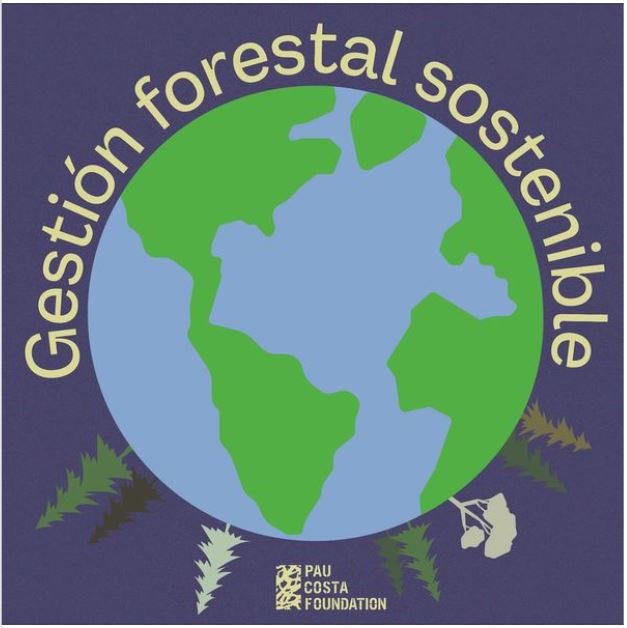Unlikely heroes: How goats and sheep are saving Spain from wildfires
Olivia (Y12) introduces us to a project in Spain called ‘Ramats de Foc’, which aims to manage wildfires through shepherding.
The number and severity of wildfires across Europe has increased dramatically over the past few decades. The fires have hit Spain particularly severely with an average of 13,000 wildfires a year. Humans are mostly to blame for this sharp increase as unbelievably fifty percent of fires are caused intentionally by humans. Of course, climate change has a role to play too as it contributes to longer hot and dry periods throughout Spain, drying vegetation and creating fuel for the fires. Additionally, land use change and fire suppression have caused forests to grow out of hand, especially without regular small wildfires which control growth and create open spaces to act as firebreaks. Again, this produces more fuel which contributes to extremely severe wildfires.

All across Spain scientists and fire ecologists are working hard to decrease the risk of wildfires through strategies such as prescribed burning and forest monitoring. However, in certain regions some unlikely heroes are coming to the rescue. The Pau Costa Foundation is a global charity based in Spain that focuses on wildfire management and prevention. The foundation created “Ramats de Foc” (fire flocks in Catalan) which is a project that helps to manage wildfires though shepherding. Within the programme shepherds introduce their flocks to targeted at-risk areas and the goats and sheep eat and trample vegetation, controlling its growth. This prevents dense forests and an excess of biomass fuel – both of which contribute to disastrous fires. By eating understory growth the herds also prevent fires spreading to the tops of forests where they become very difficult to control and stop. This is an age-old strategy called silvopastoralism that has existed throughout history without shepherds knowing the benefits of the practise, but as shepherding has started to decline the issue of wildfires has grown even more prevalent.

Not only does this project have numerous environmental benefits, but it also enriches the local community and economy. Butchers in nearby cities and towns work with the shepherds to sell their produce to locals whilst displaying a badge that certifies their support for Ramats de Foc. Consumers will therefore know that buying these products is benefiting their community and helping not only to keep their forests but also the shepherding industry alive.
The project has been working across the Girona region since 2016 but there are other similar national and international strategies in force today. Ramats de Foc saves officials around 75% of the costs of mechanically clearing the land and is shown to be just as effective. Of course, this is not the only answer to the wildfire issue but, especially when combined with other strategies, it does prove to be very beneficial.

